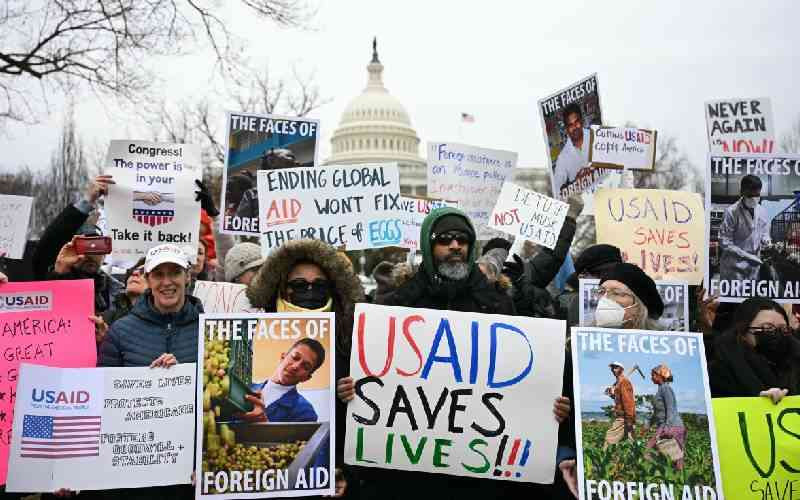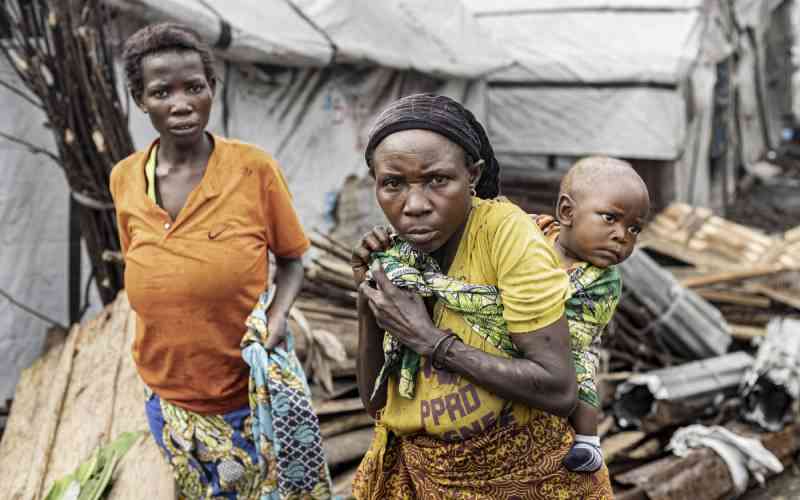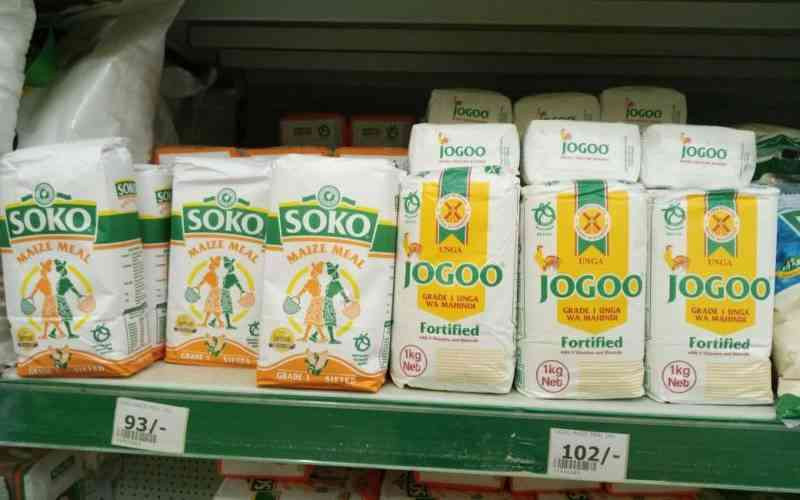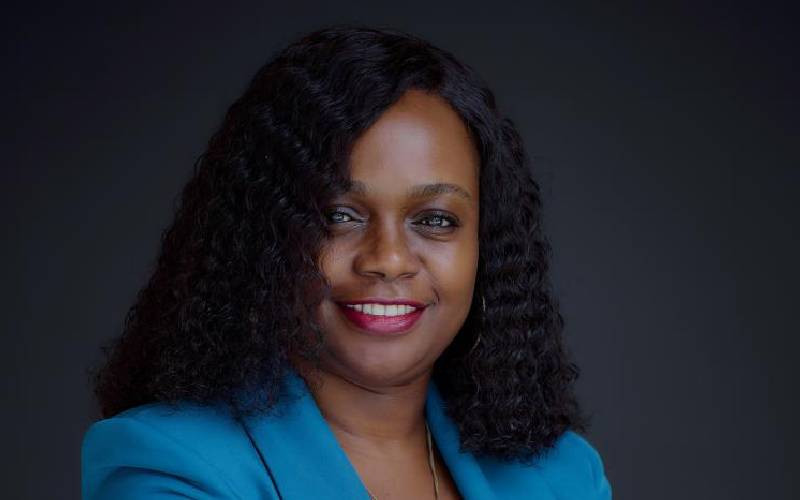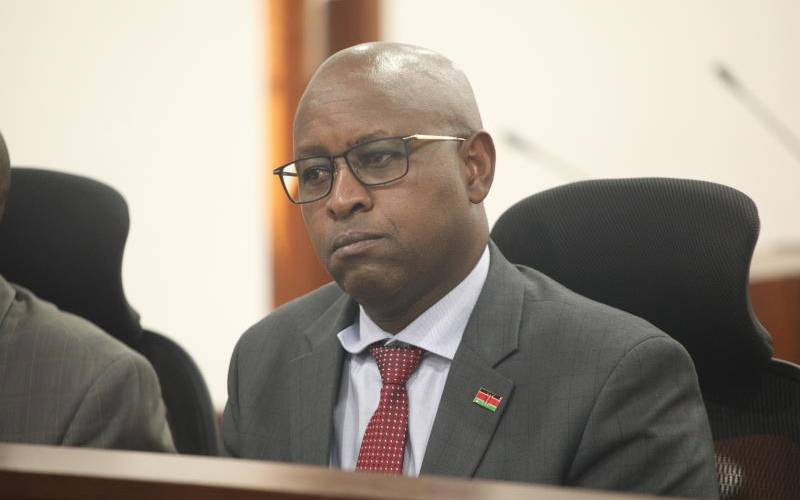The international aid environment is changing. While at the moment the focus is on American aid cuts, the fact is that all major donors are cutting back their assistance to developing countries.
For decades, governments in Kenya and across Africa have effectively outsourced critical sections of their social services to foreign funders and non-governmental organisations. The current moment is the beginning of the reckoning.
Unfortunately for all involved, African governments are far from prepared. The loss of funds is not the biggest issue for most countries. Governments in those countries can easily make up for the loss of 2-5 per cent of their budgets (more aid dependent countries face severe fiscal crises).
The biggest issue is decades of learned neglect of entire sectors and lack of system-wide knowledge of how to achieve results in those sectors. Consequently, people will die. Children will go unvaccinated, threatening the return of preventable infectious diseases. Malnourishment and stunting will be commonplace during droughts. Diseases like kwashiorkor will not be limited to textbooks.
These calamities will afflict fragile and stable countries alike. Countries like Ghana, Kenya, Nigeria, and Cote d’Ivoire all have northern reaches with populations that have long been neglected by their central governments.
Amid the current crisis, everyone has been pining for a quick return to the status quo ante. African governments want assistance back to avoid the hard work and sacrifices required to replace donor cash and systems. Professionals in the aid industry want their livelihoods back.
Yet merely asking for a return to the past would be a mistake. The current crisis should be a wake-up call. Aid dependence is not a viable development strategy. Kenya and other African governments must endeavour to be self-sufficient, especially in critical social sectors like education and healthcare.
They must also take charge of their policymaking. Aid dependence robs the region of policy autonomy. It is high time that African governments retook the job of setting overarching development policies for their societies. Donors may help but within the broader strategic designs of African governments.
Countries that fail to exploit this crisis to achieve meaningful change will continue to suffer under the weight of aid dependence, exposure to erratic policy changes in donor countries, and endemic poverty. It is as simple as that.
-The writer is a professor at Georgetown University
 The Standard Group Plc is a multi-media organization with investments in media
platforms spanning newspaper print operations, television, radio broadcasting,
digital and online services. The Standard Group is recognized as a leading
multi-media house in Kenya with a key influence in matters of national and
international interest.
The Standard Group Plc is a multi-media organization with investments in media
platforms spanning newspaper print operations, television, radio broadcasting,
digital and online services. The Standard Group is recognized as a leading
multi-media house in Kenya with a key influence in matters of national and
international interest.
 The Standard Group Plc is a multi-media organization with investments in media
platforms spanning newspaper print operations, television, radio broadcasting,
digital and online services. The Standard Group is recognized as a leading
multi-media house in Kenya with a key influence in matters of national and
international interest.
The Standard Group Plc is a multi-media organization with investments in media
platforms spanning newspaper print operations, television, radio broadcasting,
digital and online services. The Standard Group is recognized as a leading
multi-media house in Kenya with a key influence in matters of national and
international interest.

